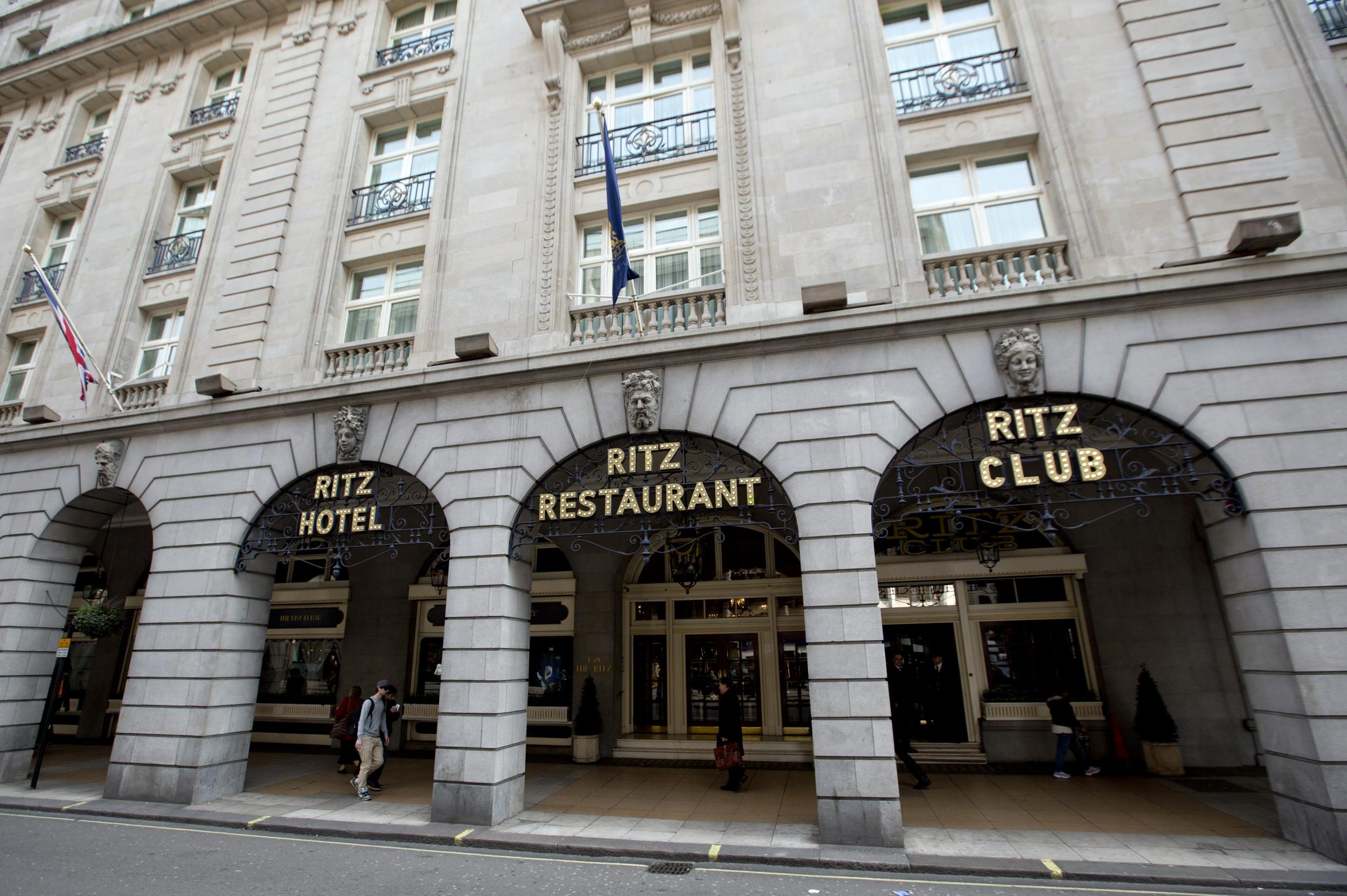Brexit delivers cheaper hotel rooms. Here's why that's not something to celebrate
Business travel budgets are being slashed, which is why rates are falling. That's bad news for our economy

Fancy a night in a London hotel? It’s probably going to get a bit cheaper, and you've Brexit to thank for that. Good news, if you have a job and the spare funds to take advantage.
According to PricewaterhouseCoopers, occupancy rates in the capital will steadily fall from 82 per cent this year, to 81 per cent next year and then 80 per cent the year after that.
Partly as a result, the price per room will also fall from £143 to £141 although it is expected to pick up a little to £142 in 2018.
Things look a little cheerier (for hoteliers) outside the capital where the forecast occupancy rate rises from 76 per cent to 77 per cent and average room rate rises from £67 to £68 to £70.
Yes, I know, these are not exactly big movements. But here's some more good news: You ought to be looked after when you get there. Hotels are having to focus more on leisure travellers. They need them to hold the sector up because PwC has noticed that business travellers are staying home.
Fortunately for the sector’s future health, foreign visitors should be attracted by the cheap pound. Hopefully they won’t encounter too much of the snarling racism and ugly triumphalism displayed by some Brexit backers when they get here because otherwise they won’t be back in a hurry. Meanwhile, Brits will be more likely to take their holidays here because, well, euros and dollars have suddenly got very expensive (there’s the impact of Brexit again). Time for a staycation!
All that explains why occupancy rates in London probably won’t fall too much (and should rise outside it) while that cheap room I spoke of will only be a little bit cheaper.
It’s what the business travellers are doing that should worry us. They’re stuck in their offices because of the cuts to travel budgets that I mentioned.
Brexit has led to uncertainty, and uncertainty scares businesses, so they stop doing things and sit on their hands while concentrating on cutting. We haven’t seen much impact from that in the economic numbers yet. They have been resilient. The short term resilience of the economy has made the Brexiteers feel confident.
However, if this report by PwC is even half right, there’s trouble brewing. It shows what a number of other longer term surveys and forecasts are showing, namely that there will be a price to be paid for that EU vote.
If business travel budgets are being slashed, then you can bet that other budgets are also being slashed. Those that dictate hiring and investment, for example.
So enjoy the cheap(ish) rooms if you can. But you might want to stash some of the freebies; the soap and shower gel and mints, in your suitcase when you check out. You might need them because every penny’s gong to count if the coming economic correction is a serious one.
Join our commenting forum
Join thought-provoking conversations, follow other Independent readers and see their replies
Comments
Bookmark popover
Removed from bookmarks